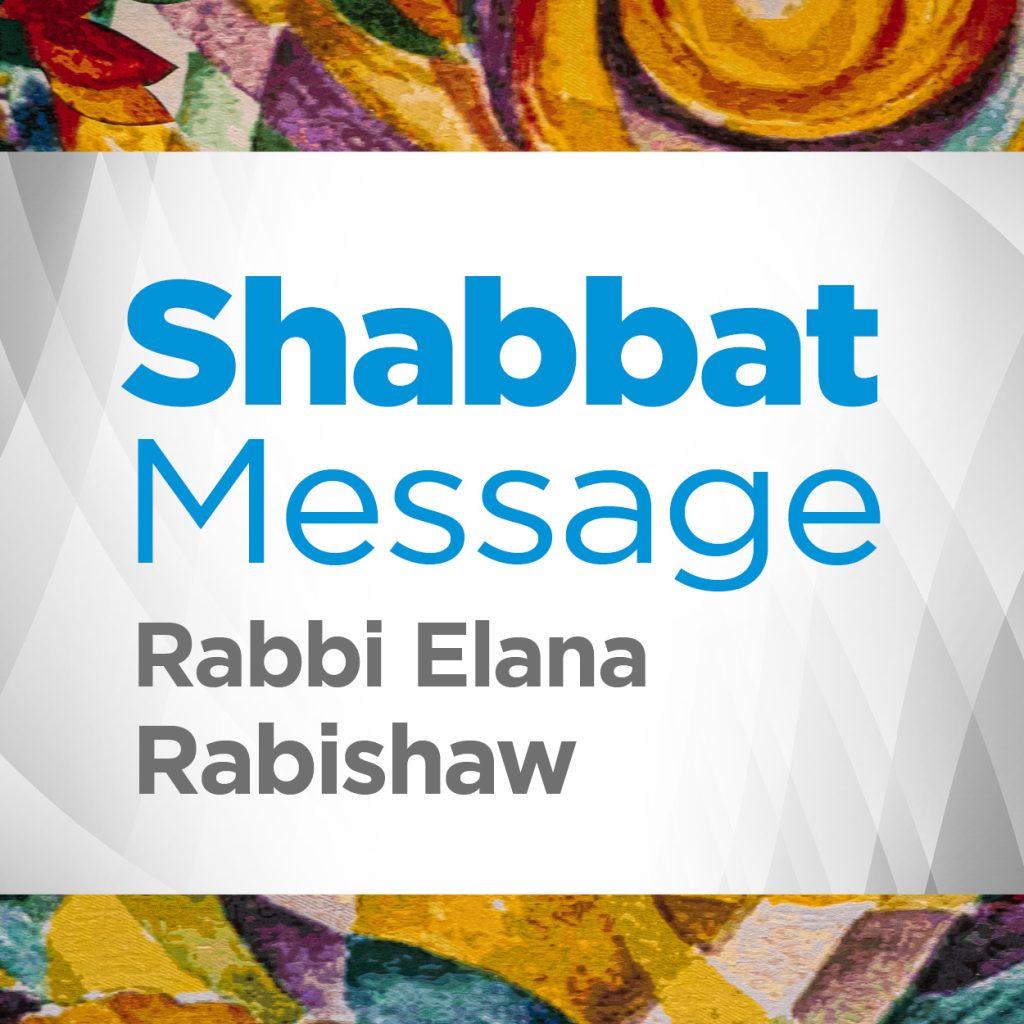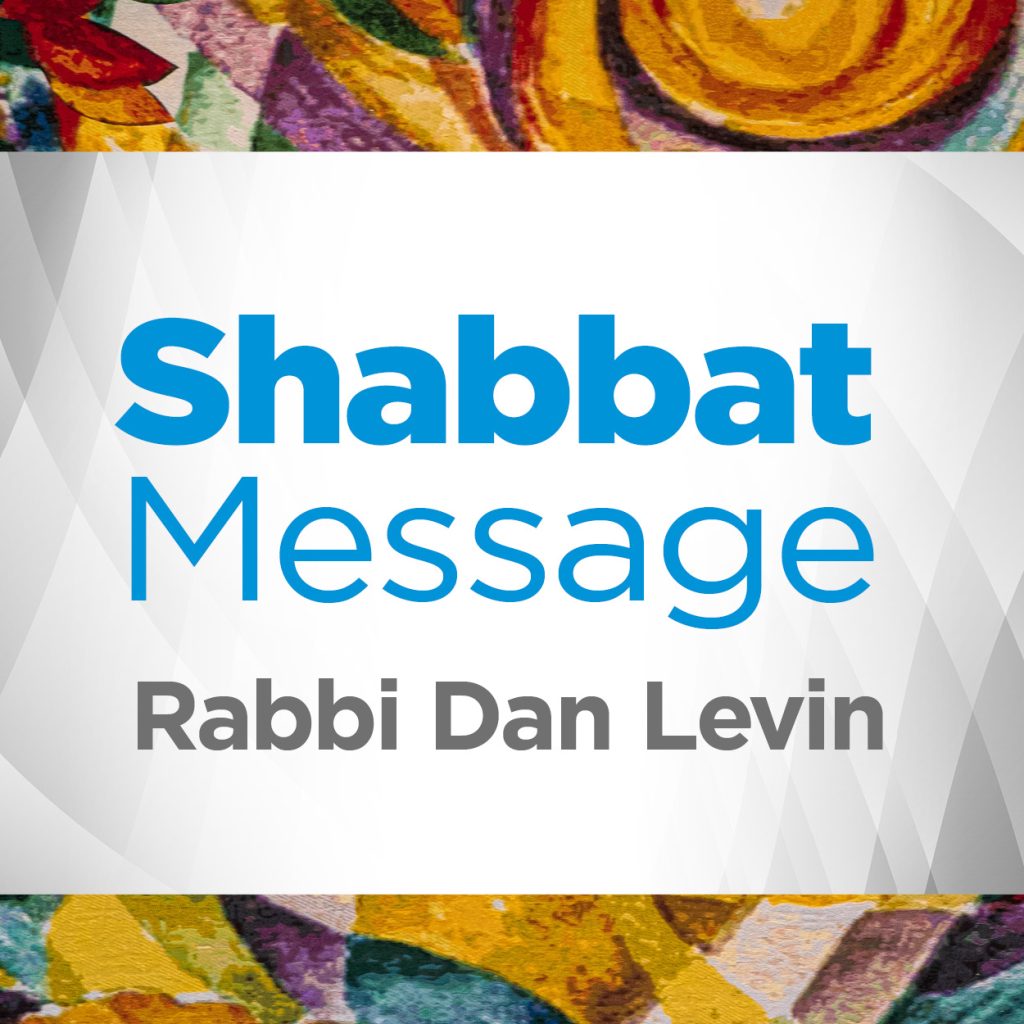“A reform, conservative, and orthodox rabbi walk into a hotel…”
Yes, this could be the beginning of any number of jokes, but it also was my Sunday afternoon. In rabbinical school, I was part of the Leffell Israel Fellowship, which brings together students from the reform, conservative, and orthodox seminaries to learn and talk about Israel. Throughout the fellowship, we traveled together, wrestled with complexities, and built relationships. I am grateful that I have been able to continue these interdenominational conversations and friendships past rabbinical school. This past week, Rabbi Dan and I had the opportunity to gather with colleagues from across the country, thanks to the Lisa and Michael Leffell Foundation, to listen and have a new conversation about Zionism.
On Sunday, my friend and teacher, Rabbi Sam Klibanoff, opened the conference by teaching about the opening to many of our 150 psalms.
למנצח
Many psalms begin with this word, addressing the psalm to the conductor. The conductor is the one who puts pieces of music together. The one who looks at the musicians and sees each person’s voice and talent, and almost miraculously creates harmony from what could just as easily have been chaos. Each psalm that begins by addressing the conductor also includes what instrument they are leading with. Perhaps this means that in each psalm, the conductor serves the same role but with a new skill set.
In thinking about these leaders, Rashi teaches that they were the Levites. In the time of the Temple, each Levite was responsible for working within the Temple, and conducting sacred work. With an entire tribe working in the Temple, I can imagine that there were several different types of jobs to do, and having one conductor was critical in order to execute the larger goal of the work.
The same is true in this week’s Torah portion.
In Vayakheil, Moses assembled the entire tribe of Israel to hear many of God’s commandments. The first commandment was universal; the entire tribe of Israel was commanded to keep Shabbat, an entire day of rest after six days of work. This applied to everyone.
The next commandment was to bring specific gifts forward, as an Israelite’s heart is moved, so that they could build the Tabernacle. Some were able to turn yarn into beautiful linens. Others set stones for the breast plate.
And then there was Betzalel, the one who had skill in each craft. He was singled out by God to take the lead, managing each aspect of creating the Tabernacle.
Betzalel saw each of the materials and had a vision for what they could become. Betzalel even had a different leadership style than Moses. But his skills enabled him to create something unique. Just like no one would have been able to lead the People of Israel like Moses. Betzalel was the conductor of this impressive project.
Rashi continues his commentary about the conductor by teaching that serving God actually requires effort and self-mastery. When that level is reached, the individual is victorious. Here, Rashi points out that the Hebrew word for “victory” (nitzachon) and “conductor” (lamenatzeach) are related. Perhaps, we can learn that like the Levites and Betzalel, we can only succeed when our sacred work utilizes our strengths and our hearts.
We each have a unique purpose that, when added up with the rest of our tribe, becomes greater than the sum of each part.
Rabbi Klibanoff reminded our conference of rabbis that this, in essence, has been Israel’s greatest blessing since the war began on October 7.
יחד ננצח
Yachad NeNatzeach. Together we will succeed.
Since the war, Israel’s greatest strength has been that each individual has done what they can to support the Land, People, and State of Israel. Some have donated money, others have sent resources, and others have volunteered with their hands. In this moment, Israel needs it all. We each give what we can, and together, we are one in our service to the sacred cause of protecting Israel. Even though we might not see the conductor or understand the how the music will all come together.
Last night, former Congressman and current CEO of the American Jewish Committee, Ted Deutch, spoke to our congregation. He brought a story from a college student where the lesson was that we need allies and support because there are not enough Jewish people to win on our own. Our band needs to grow.
This Shabbat, may we each recognize the unique instrument that we bring into our world. May we hear guiding drum beats, find harmonies with each other, and most importantly, know that we are led by the ultimate conductor who will enable us to make music together.
Shabbat Shalom.










